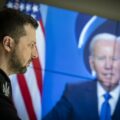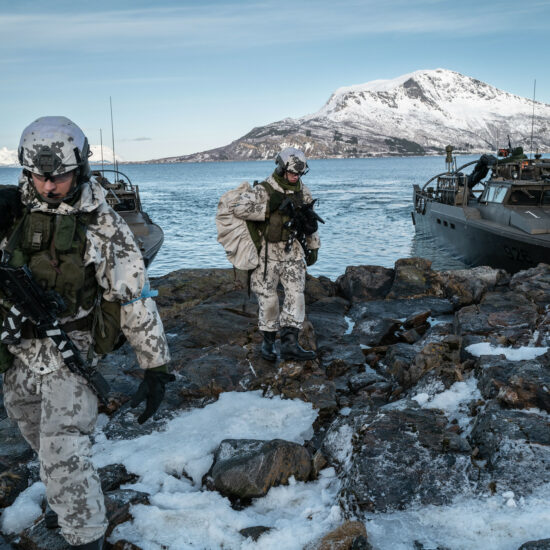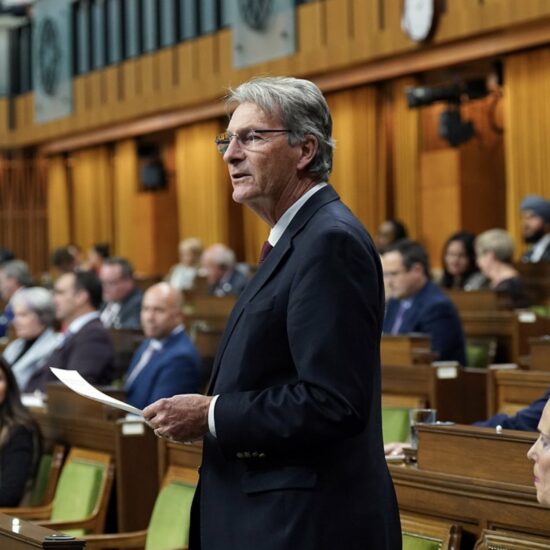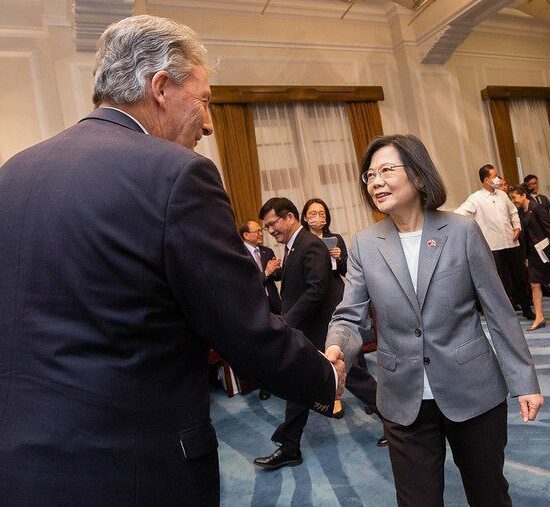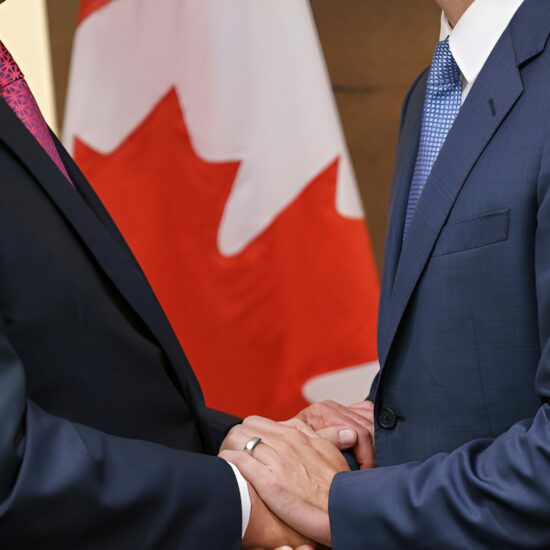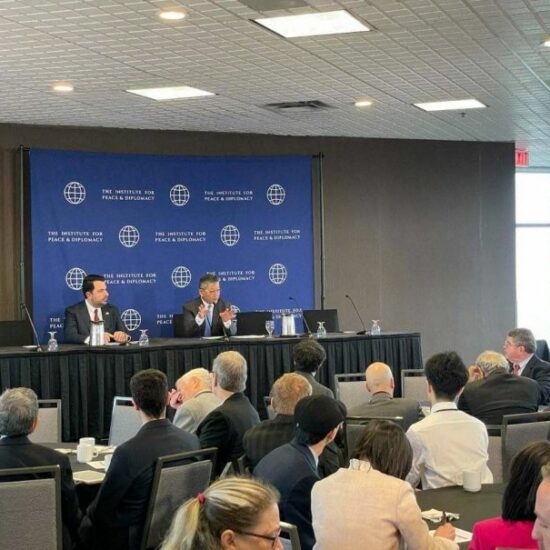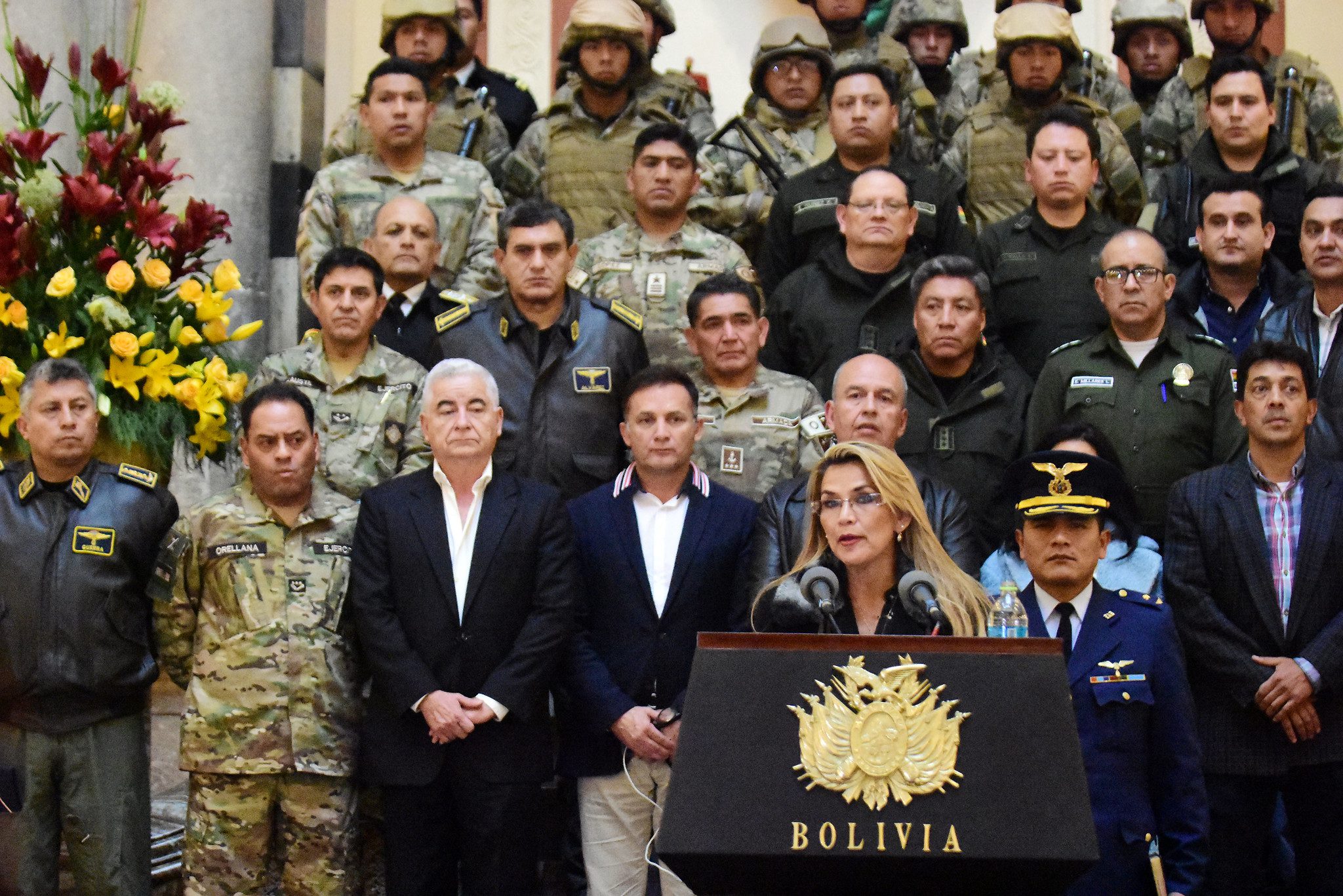
Image credit: Asamblea Legislativa Plurinacional
While there have been recent changes to Trudeau’s cabinet, including the top foreign-policy job in the Canadian government, it seems unlikely that Canada will change course regarding the crisis in Bolivia. It has had plenty of opportunities to backtrack from its support of the new regime. Yet, under Prime Minister Justin Trudeau’s governance, Canadian foreign policy in Latin America has danced to the tune of President Trump’s drum.
By Amadeus Narbutt
On November 10th, the military leadership of Bolivia suggested that Evo Morales, the President of Bolivia, resign. Many arguments have been leveled in news media to defend the action and claim that it does not constitute a coup d’etat. Yet, as US Democratic presidential candidate Bernie Sanders put it in a recent town hall, “The military intervened in that process. When a military intervenes… that’s called a coup”.
The arguments made by those who support the coup – ranging from accusations of electoral impropriety to unconstitutionality – stand on shaky ground. Further, the far-right regime that has taken control of Bolivia after Morales’ departure is engaging in human rights abuses, violence against indigenous peoples, and has displayed fascist and theocratic tendencies already in the short time they have held power. As such, Canada’s diplomatic support for the coup – which is likely influenced by Canada’s mining interests in Bolivia’s lithium sector – is particularly egregious.
Morales has been accused of unconstitutionally running for a fourth term. While it is true that a referendum to scrap term limits failed in 2016, term limits were eventually struck down by Bolivia’s Plurinational Constitutional Court, which cited the American Convention on Human Rights’ provisions about democratic participation in its judgment. Further, the court itself is democratically elected, which discredits the argument that Morales’ run for a fourth term flew in the face of the democratic will of Bolivians. Thus, while one can argue about the wisdom of Morale’s run for a fourth term, it was clearly not an anti-democratic act; it did not warrant military involvement in the democratic process.
Morales has also been accused of meddling in the election on October 20th. The Organization of American States (OAS), a regional diplomatic body, released a report claiming that there were ‘irregularities’ in the election. These claims have not been backed up by facts. Mark Weisbrot, co-director of the Center for Economic and Policy Research (CEPR) has discussed the lack of proof shown by the OAS and elaborated on Bolivia’s electoral system’s misrepresentation in other reports about the election. In addition, CEPR released a longer statistical analysis of the vote, showing that the eventual result was on track and shows no obvious signs of manipulation, despite the OAS’s claims. Further, the OAS’s neutrality as a diplomatic arbiter should be questioned from the outset. Rooted in Cold War-era American foreign policy, the OAS still retains an imperialist legacy and has acted as an appendage to American diplomacy in the past, including election meddling on behalf of Western interests in Latin America. Canada should not rely on such an organization’s judgment as justification in order to justify coups abroad. At the very least it should discontinue diplomatic support for a new regime that has verifiably engaged in anti-democratic actions, anti-indigenous racism, and the killing of protestors.
Jeanine Áñez, an opposition Senator whose party received only 4.24% of the vote in the election, declared herself interim President of Bolivia after Morales fled to Mexico. Áñez lacks any democratic legitimacy as for now, the military is the major arbiter of power in Bolivia. The interim Interior Minister has accused democratically elected members of the legislature of ‘subversion’ and threatened them with arrest. One of the leaders of the coup, Luis Fernando Camacho, is a Christian fundamentalist who has been involved with the Santa Cruz Youth Union (UJC), a fascist paramilitary organization that is known for using Nazi-style Sieg heil salutes. These fascist and fundamentalist Christian sentiments have fomented violence across Bolivia, specifically directed at its indigenous majority. The intersection of fundamentalist Christian militancy and fascist politics has been alarming: the flag of the Wiphala indigenous nation has been publicly burned by coup supporters, tweets by Áñez accusing indigenous peoples of satanism have come to light, and the regime has issued a decree pre-exonerating law enforcement from any violence committed against anti-coup protesters. At least 26 protesters have already been killed, and the protests are only continuing to grow with a march of indigenous Morales supporters that recently entered the capital city of La Paz.
The Canadian government still supports this regime despite these concerns. Why might that be? It is likely related to lithium. Bolivia has the world’s second-largest reserve of lithium in its salt flats. Lithium is a crucial component of new green technology, specifically in the batteries of electric vehicles. Shortly after the election, Evo Morales backtracked on a deal to hand over control of Bolivia’s lithium resources to a German mining company, instead of considering some combination of nationalization and Chinese investment. This was unacceptable to the mining interests of Western powers like Canada, who have long had a violent history in Latin America, as well as in Bolivian lithium in particular. The lack of regulation for mining companies headquartered in Canada have made it a safe haven for industrialists who take advantage of Canada’s progressive reputation to cover for their human rights abuses abroad. Arbitration between Canadian mining companies and Latin American governments has impacted Canadian foreign policy before and is a likely factor now. Though it remains to be seen how the new regime will manage Bolivia’s lithium resources, one can predict it will be in the interest of Western industry. At least Tesla Motors’ stock seems to think so.
While there have been recent changes to Trudeau’s cabinet, including the top foreign-policy job in the Canadian government, it seems unlikely that Canada will change course regarding the crisis in Bolivia. It has had plenty of opportunities to backtrack from its support of the new regime. Yet, under Prime Minister Justin Trudeau’s governance, Canadian foreign policy in Latin America has danced to the tune of President Trump’s drum. The new minority status of Trudeau’s government could allow for kingmaker parties like the NDP or Bloc Quebecois to push Canadian diplomacy to the left. However, foreign policy did not play much of a role in the recent electoral campaign, and at least regarding the NDP, a progressive foreign policy does not make the list of their stated priorities in the new parliamentary session. For now, it seems that, at least abroad, it will be business as usual; the lives, safety, and human rights of protesters, indigenous peoples, and the poor will be sidelined in the interests of the industry.

